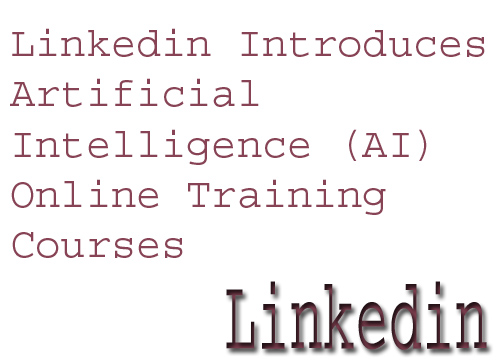Artificial Intelligence (AI) is transforming industries by enabling machines and systems to perform tasks that traditionally require human intelligence. With the rapid development in AI, there’s a growing demand for professionals skilled in AI and its various subfields. Online AI training courses are an excellent way to dive into this fascinating field, whether you’re a beginner looking to understand the basics or a professional wanting to expand your skill set.
Why Pursue AI Training?
AI training courses equip learners with essential skills for building intelligent systems that can analyze data, recognize patterns, and make decisions. These courses cover a range of topics, from programming and data science to complex subjects like machine learning and natural language processing (NLP). With hands-on projects and real-world applications, learners gain practical experience that can be applied across sectors like healthcare, finance, and robotics.Key Areas of Study in AI Online Courses
- Fundamentals of AI
- Learn the basics of AI, including its history, core concepts, and major applications.
- Explore how AI technology is applied in various industries to automate processes and enhance efficiency.
- Programming and Data Analysis
- Many courses start with Python, a popular language in AI development, along with essential data analysis techniques.
- You’ll learn to work with data sets, clean data, and use tools for data visualization to support AI algorithms.
- Machine Learning (ML)
- Dive into the principles of machine learning, an AI subset focused on enabling systems to learn and improve from experience.
- Courses cover supervised, unsupervised, and reinforcement learning, as well as key libraries like TensorFlow and PyTorch.
- Computer Vision (CV)
- This area teaches AI to interpret and make decisions based on visual information, such as images and videos.
- You’ll gain hands-on experience with image processing, object detection, facial recognition, and related technologies.
- Natural Language Processing (NLP)
- NLP focuses on enabling AI systems to understand and generate human language.
- Courses in NLP cover text processing, sentiment analysis, and developing chatbots, with tools like NLTK and Hugging Face.
- Ethics and Responsible AI
- As AI’s impact on society grows, understanding ethical concerns and responsible practices becomes essential.
- Explore topics like bias in AI, privacy issues, and the importance of transparency in AI systems.
